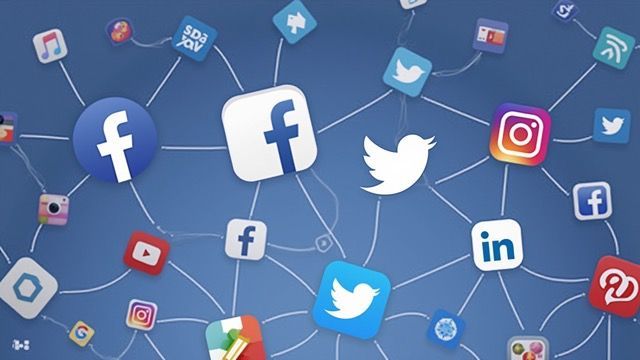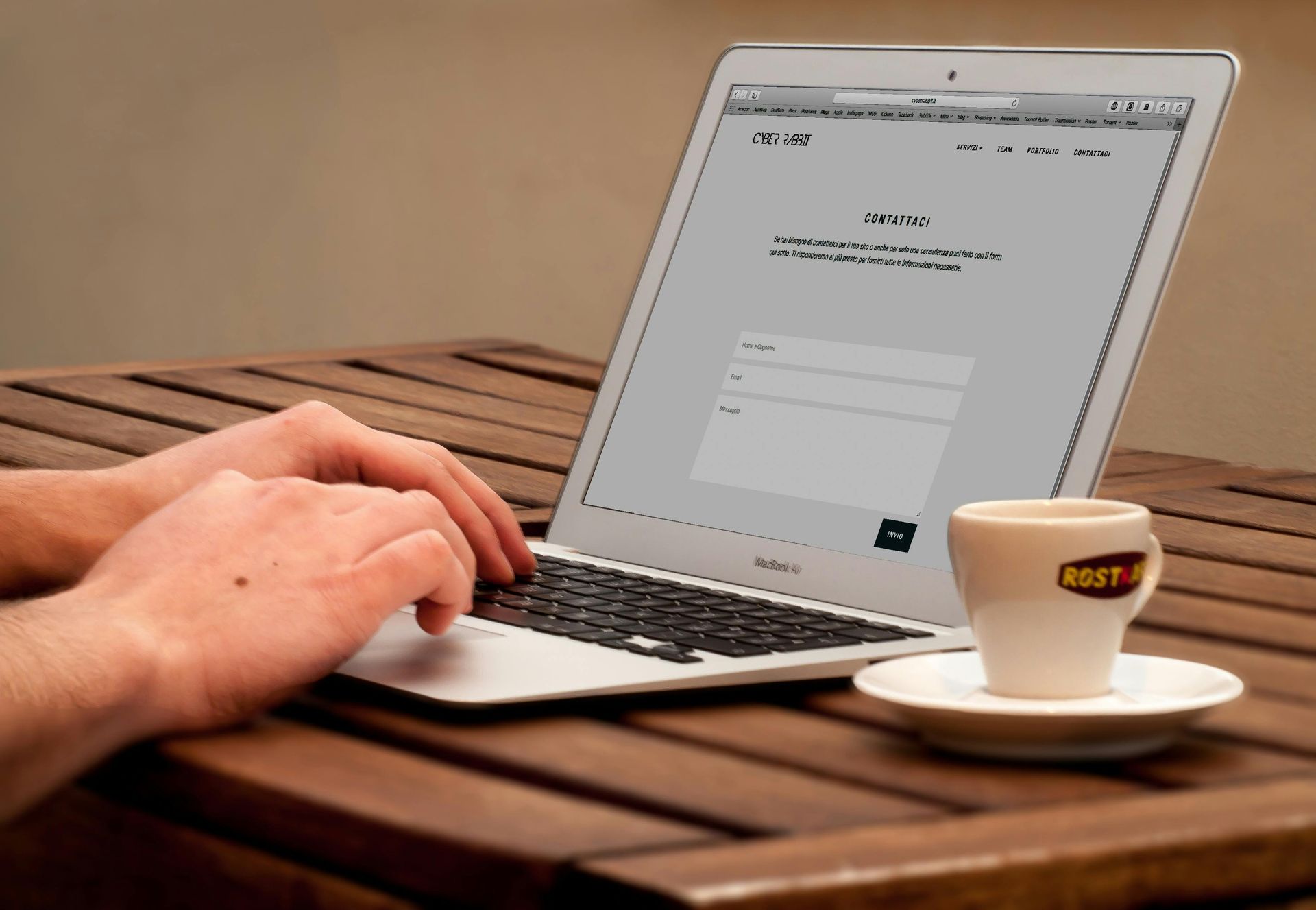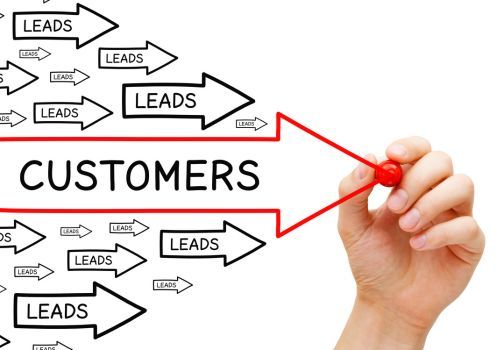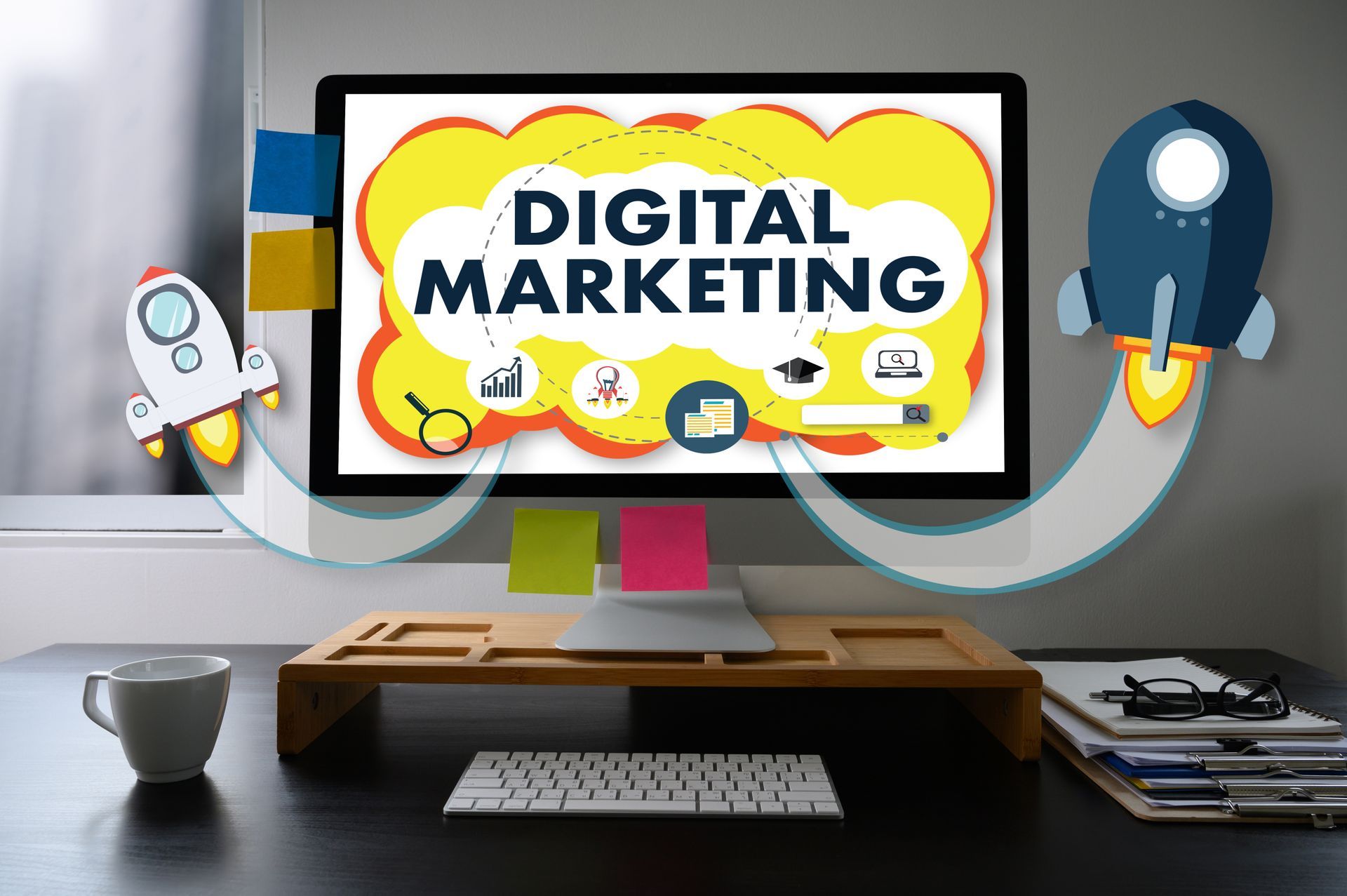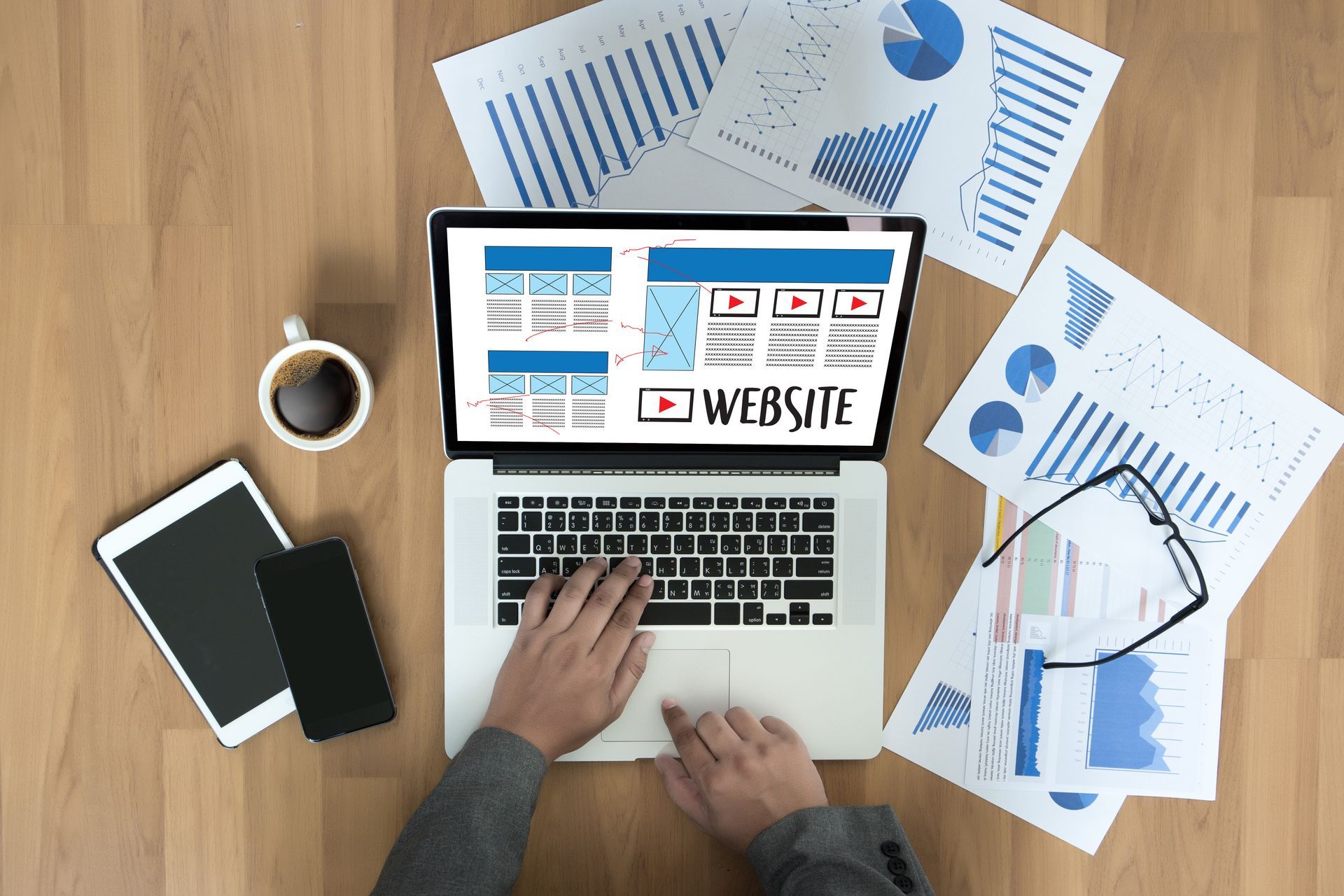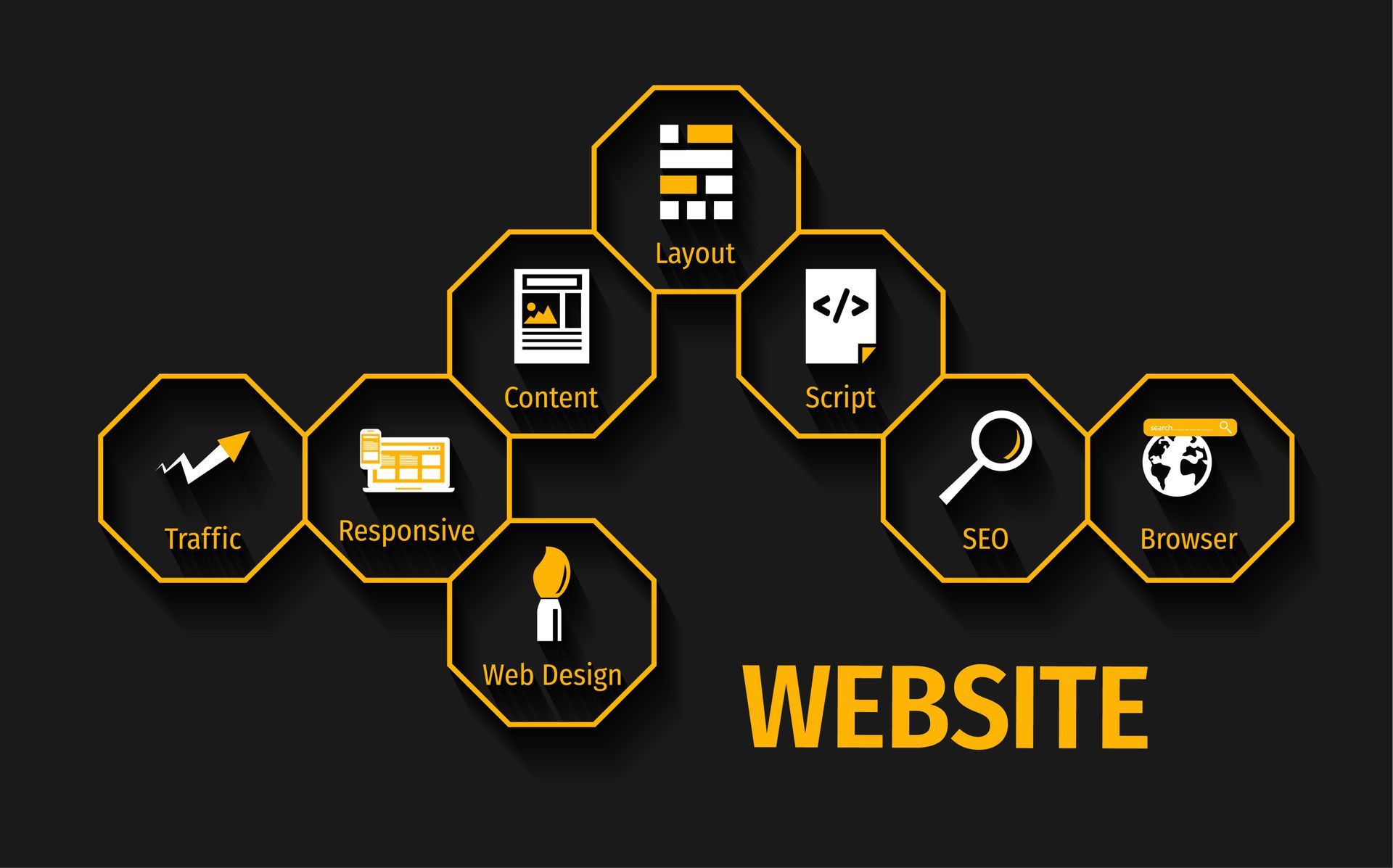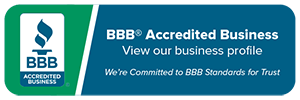Can You Really Grow a Business With No Website?
David Siler
Yes, but not having a website tends to limit growth, credibility, and discoverability over time.

The short answer
Yes — you can run a business without a website. But: it comes with trade-offs. Many businesses do just fine relying on alternate channels, especially smaller or local ones. On the flip side, not having a website tends to limit growth, credibility, and discoverability over time.
Let’s unpack how this works — based on three articles: from Hostinger, Business Owner Stories and Fundraise Insider.
What the sources say
1. Hostinger: The case for having a website
Hostinger argues
that while you can start/operate without a website, in today’s business landscape a website is very important. Some of their key points:
- They note that a business without a website will “take longer to build brand awareness and reach a wider audience.”
- They show alternatives (social media, Google My Business, marketplaces) as possible routes to “online presence without a website”.
- But they emphasise that having your own site leads to improved credibility (“a business looks more professional and trustworthy”), better scalability, and a competitive advantage.
They conclude: “Businesses need a website to establish a solid online presence, improve customer trust, and stand out among competitors.”
Hostinger. So in short: Hostinger’s stance = yes, you can skip it, but you’re handicapping yourself.
2. Business Owner Stories: Starting even without website/product/customers
This article takes a very bootstrap-approach: you can start a business even if you don’t have a website, a product, or customers yet. Key take-aways: The author argues
that using existing platforms like marketplaces (eBay, Amazon, Etsy) enables a business to start cheaply, without building a full website.
They mention that building a website can be expensive (or at least time-consuming) and may delay income generation: “While you are learning, you are not generating any income, yet you are already paying for the service.” The article emphasises starting small, learning the business, iterating — then possibly moving to a website later.
So this is more about the early stage: you don’t need a website to start.
3. Fundraise Insider: Opportunities in the “no website” space
While this article is oriented for service providers (web/development agencies) looking for clients without websites, it also gives insight into how many businesses do operate without websites. Highlights:
- “A surprising number of businesses still don’t have an online presence, making them prime opportunities…”
- It provides the method: use Google Maps to search business categories, find which have no website link in their listing.
- It shows that lack of website does not mean no presence at all — many businesses still rely on directory listings, Google My Business, or social media.
This shows the realistic landscape: yes, many businesses operate without full websites — especially local, small scale ones.
Pros & cons of running without a website
✅ Advantages of skipping (or delaying) a website
- Lower upfront cost/time: As Business Owner Stories notes, building and launching a website takes time and may delay income.
- Use established platforms: You can rely on marketplaces, social media, Google My Business etc to reach customers. Hostinger lists these in “Ways of streamlining a business without a website.”
- Flexibility to test business model: If you’re just starting, you might not want the commitment of a full website until you validate the product/service. (Business Owner Stories emphasises this.)
- Less technical overhead: No need to worry about hosting, maintenance, web design, SEO (at least initially).
❌ Disadvantages / Risks
- Reduced credibility: Hostinger points out that not having a website can make a business look less professional and trustworthy.
- Limited discoverability & growth: Without your own site, you are more dependent on platforms you don’t control (social, marketplace, directory) and you may have less ability to scale or stand out. Hostinger: “Without a site, it may take a lot more time and effort to reach a large audience”.
- Less control over branding & customer experience: A website lets you shape your brand, design, user flow, content. Alternative platforms are more constrained. Hostinger makes this point.
- Dependency on third-parties: Using marketplaces/social means you’re subject to their rules, algorithms, fees, and risk changes.
- SEO and long-term value: Having your website helps with search engine optimisation (SEO) and building content/assets you own. Skipping it may mean slower accumulation of equity.
When it makes sense to run without a website
Here are some scenarios where skipping a website (at least initially) is a viable approach:
- You’re just starting out, testing a business idea, minimal budget, and you want to validate with minimal cost. As Business Owner Stories suggests.
- Your business is hyper-local, word-of-mouth driven, and you already have established offline relationships (so you don’t rely heavily on search engine traffic).
- Your offering is simple, and you’re comfortable using social media/marketplaces or directory listings for customers.
- You plan to phase in a website later — you start lean, then build up once revenue/market fit is confirmed.
When you really should plan for a website
If any of the following apply, you’ll likely benefit significantly from having a website sooner rather than later:
- You need to reach a broad online audience, beyond local/regional.
- You’re in a competitive market, and standout brand, professionalism, and digital presence matter (Hostinger’s point on competitive advantage).
- You want to offer complex services, content, lead-generation, or need custom flows (booking, e-commerce, subscriptions) that social or marketplace platforms can’t handle well.
- You want to own your asset (your site/content/SEO) rather than rely purely on third-party platforms.
- You want to build brand trust and long-term growth — having your own site contributes to credibility. Hostinger emphasizes this.
Practical checklist: How to operate without a website — and plan for one
If you’re going the “no website yet” route, here’s a pragmatic plan plus a transition strategy:
Phase 1: Start without a website
- Set up a strong social media presence (Facebook, Instagram, LinkedIn as appropriate).
- Claim your listing on Google My Business (or equivalent local directories) so your business shows up in local search. (Hostinger recommends this)
- If selling products, use online marketplaces (e.g., eBay, Amazon, Etsy) which handle payment, traffic, etc. (Business Owner Stories gives examples).
- Use word-of-mouth/referral marketing — build strong customer relationships locally. Hostinger mentions “Referral-Based Marketing” as one of the ways.
- Keep your business email professional (doesn’t require website, but a consistent domain helps if you have one).
- Document what you learn: what works, who your customers are, what channels bring them in.
Phase 2: Plan for + launch your website
- Set a criterion or timeline: e.g., once you hit X customers/month, revenue threshold, or feel your business model is validated.
- Choose a simple website: one-page landing or small site — don’t over-engineer. Hostinger shows that building a small business website doesn’t need to cost a fortune.
- Focus on the essentials: your value proposition, services/products, contact info, social proof (testimonials), calls to action.
- Consider SEO and content strategy: leverage your site to attract new traffic rather than relying solely on existing channels.
- Ensure branding consistency between your website + existing social/marketplace presence.
- Monitor performance: Does your website help bring new types of customers, improve conversion, strengthen your brand? If yes, double down.
Summary
Yes, it is possible to run a business without a website — especially in early stages, for local or simple offerings, by leveraging social media + marketplaces. However, skipping a website comes with limitations: slower growth, less control, reduced credibility, more dependency on third-party platforms.
The smarter path for many small businesses: start lean, test your business model without a full website; then build a website when you’re ready to scale, stand out, and invest in a longer-term presence. Ultimately, whether you need a website depends on your business’s model, audience, growth goals, and resources.


